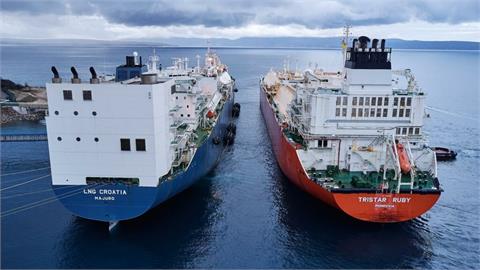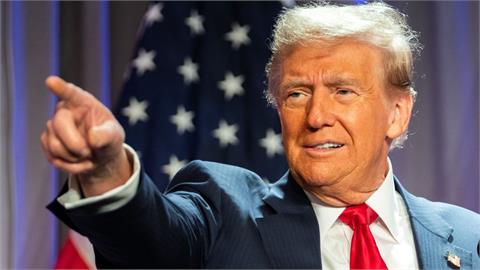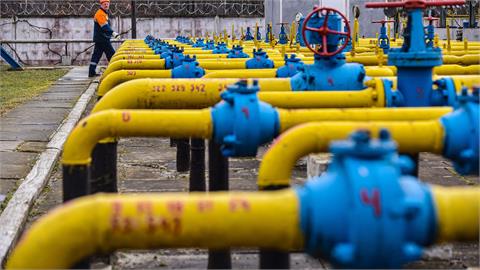The OPEC+ Joint Ministerial Monitoring Committee, which tracks the alliance’s compliance with its output quota, convened digitally on Wednesday. The JMMC will next meet on April 3, one delegate said.
A technical committee of the influential OPEC+ oil producers’ coalition has made no recommendation to change the group’s existing production policy in its latest meeting, according to three delegates.
The OPEC+ Joint Ministerial Monitoring Committee, which tracks the alliance’s compliance with its output quota, convened digitally on Wednesday. The second OPEC+ technical group, the Joint Technical Committee that studies market fundamentals, canceled a virtual meeting originally scheduled for Jan. 31, according to a delegate.
Neither committee can outright decide OPEC+ production policy, but the JMMC can recommend plans for the review of coalition ministers.
The JMMC will next meet on April 3, one delegate said. The three delegates preferred to remain anonymous because they are not authorized to speak publicly on the matter.
“The JMMC reaffirmed their commitment to the DoC which extends to the end of 2023 as agreed in the 33rd OPEC and Non-OPEC Ministerial Meeting (ONOMM) on 5th of October 2022, and urged all participating countries to achieve full conformity,” an OPEC+ communique said. The DoC refers to the Declaration of Cooperation, or the OPEC+ accord.
Three OPEC delegates had signaled to CNBC that the group would likely echo a ministerial December decision to roll over the production policy agreed in October. Under that provision, the group would nominally lower their production output quotas by 2 million barrels per day. Delivered cuts would sit below this figure, as actual production has long lagged output targets because of dwindling capacity, underinvestment and Western sanctions.
Questions had risen whether prospective increases in Chinese demand — the world’s largest crude oil importer, which is now softening the strict Covid-19 restrictions that lidded its purchases throughout most of last year — could push the producers’ alliance to raise their output.
“Global oil demand is set to rise by 1.9 mb/d in 2023, to a record 101.7 mb/d, with nearly half the gain from China following the lifting of its Covid restrictions,” Paris-based energy watchdog the International Energy Agency said in its latest monthly Oil Market Report, released on Jan. 18. OPEC+ countries must closely watch the development of Beijing’s demand, two delegates confirmed.
OPEC+ producers are also following the demand impact of firm inflation rates — with the European Central Bank, Bank of England and the U.S. Federal Reserve set to decide their monetary policy this week — as well as access to sanctions-constricted Russian oil supplies. The IEA estimates that Russia’s crude oil production eased from 9.8 million barrels per day in November to 9.77 million barrels per day in December, after EU sanctions implemented on Dec. 5 interdicted seaborne imports of Moscow’s crude oil supplies. A second set of measures will replicate the ban on oil products imports and take effect on Feb. 5.
Non-G7 countries may continue to benefit from Western financial and shipping services to take delivery of Russian crude oil, provided they make their purchases under a specified price level, now set at $60 per barrel. The plan was designed by the G-7 to retain supply into the global markets, while simultaneously diminishing Russian President Vladimir Putin’s war coffers to sponsor Moscow’s full-scale invasion of Ukraine. Russia has so far not signaled any intention to request an exemption from its production quota and continues as OPEC+ co-chair alongside Saudi Arabia, two delegates said.
OPEC+ has long taken a cautious approach in its decision-making, as it contends with market supply-demand fundamentals, pressure from international consumers to help ease the burden on households, and the need to incentivize further investment into spare capacity.
“I don’t think it is enough investment to bring additional capacity that will be needed to supply the market,” Saudi state-controlled Aramco CEO Amin Nasser told CNBC’s Hadley Gamble on Jan. 18. “It will not mitigate a situation where the demand is growing and offsetting the decline. You need additional investment elsewhere, globally, to meet global demand.”
(cnbc.com, February 1, 2023)



